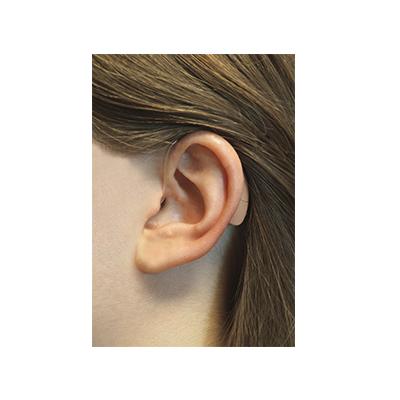Hearing Loss and Work: Do You Have the Right Tools to Help?
Submitted by AAHstaff on Mon, 01/19/2015 - 11:49
Hearing difficulties can significantly get in the way of you doing your best at work. The good news is that you can overcome your hearing difficulties and achieve your potential at work, in spite of deafness. One of the most important ways to minimize the effect of your hearing loss is by using the right tools at work. Here are three tools we highly recommend.










